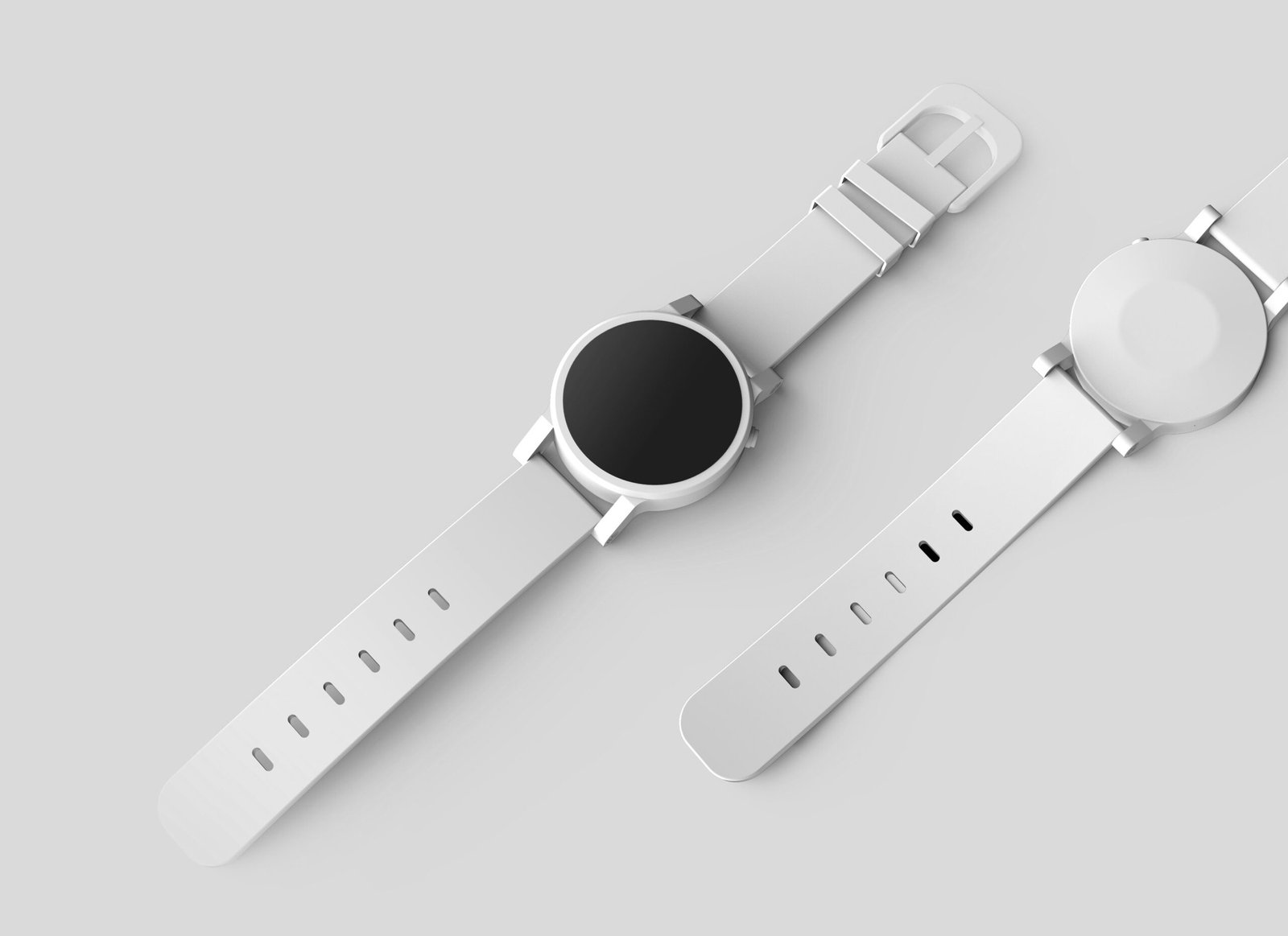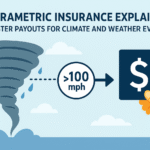Introduction to Product Liability Insurance
Product liability insurance is a crucial form of coverage designed to protect businesses from financial loss arising from legal claims related to their products. This type of insurance primarily aims to safeguard businesses against lawsuits or compensation claims stemming from injuries, damages, or losses caused by the products they manufacture, distribute, or sell. The scope of product liability insurance extends to various risks, including manufacturing defects, design flaws, and inadequate instructions or warnings associated with a product.
At its core, product liability insurance serves to mitigate the financial burden that can result from litigation and settlements. For example, if a consumer is injured due to a defect in a product, they may file a lawsuit against the manufacturer or distributor. Without product liability insurance, the business would have to bear the full cost of legal defense, medical expenses, and potential settlements out of pocket. This could be financially devastating, particularly for small and medium-sized enterprises.
The legal aspects of product liability are complex and vary significantly across jurisdictions. Generally, product liability law holds businesses accountable for ensuring that their products are safe for consumer use. Failure to meet safety standards can result in legal action, making it imperative for companies to have robust product liability insurance in place. This insurance not only provides financial protection but also enhances a company’s credibility and consumer trust, as it demonstrates a commitment to product safety and responsibility.
Key terms associated with product liability insurance include “policyholder,” referring to the business that purchases the insurance, and “claimant,” denoting the individual or entity that files a claim for damages. Other important terms are “coverage limits,” which specify the maximum amount an insurer will pay for a covered loss, and “deductible,” the portion of the loss the policyholder must pay before the insurance coverage kicks in.
Understanding these foundational aspects of product liability insurance is essential for any business involved in the production, distribution, or sale of goods. This coverage not only protects against financial loss but also ensures compliance with legal standards, fostering a safer marketplace for consumers.
Types of Claims Covered by Product Liability Insurance
Product liability insurance is a crucial safeguard for businesses, protecting them against various types of claims that may arise from defects in their products. These claims generally fall into three primary categories: manufacturing defects, design defects, and marketing defects. Understanding these categories can help businesses recognize the importance of comprehensive coverage.
Manufacturing defects occur when a product deviates from its intended design during the production process, making it unsafe for consumer use. An example of this would be a batch of children’s toys contaminated with harmful chemicals due to a factory error. In such a case, affected consumers may file claims against the manufacturer, leading to significant financial liabilities. Product liability insurance can cover the costs associated with recalls, legal defense, and settlements.
Design defects are inherent flaws in a product’s design that make it dangerous even when manufactured correctly and used as intended. A notable example is the infamous case of the Ford Pinto, where the car’s design made it prone to fuel tank explosions in rear-end collisions. This type of defect can lead to widespread harm and extensive litigation. Insurance coverage can help absorb the financial burden of compensatory and punitive damages, as well as legal fees.
Marketing defects, also known as failure to warn, involve issues related to insufficient instructions, improper labeling, or inadequate safety warnings. For instance, if a pharmaceutical company fails to include side effect warnings on their medication, consumers may suffer adverse reactions. Claims arising from such marketing defects can tarnish a company’s reputation and lead to costly legal battles. Product liability insurance can help mitigate these risks by covering the costs associated with such claims.
Real-life cases highlight the financial and reputational impacts that product liability claims can have on businesses. Without adequate coverage, companies may face crippling legal fees, settlement costs, and a loss of consumer trust. Product liability insurance serves as a crucial risk management tool, providing financial protection and helping to maintain business continuity.
Who Needs Product Liability Insurance?
Product liability insurance is a critical safeguard for a wide range of businesses and professionals. This type of insurance is essential for entities involved in manufacturing, retail, wholesale, and e-commerce, among other industries. Each of these sectors faces unique risks associated with product defects, which can lead to costly legal claims. Manufacturing companies, for instance, are directly responsible for the creation of products and can be held liable for any defects that cause harm to consumers. Even a single error in the production process can result in significant financial and reputational damage.
Retailers and wholesalers also need product liability insurance, as they are often the intermediaries between manufacturers and consumers. Should a product defect arise, these businesses can be sued even if they did not produce the item. Their role in the supply chain places them at risk, making this insurance coverage indispensable. E-commerce businesses, which operate in a digital marketplace, are not exempt from these risks. They too must protect themselves against potential liabilities that could have severe financial implications.
Small businesses and startups are particularly vulnerable to the financial strain of a product liability lawsuit. Unlike larger corporations, these smaller entities may not have the resources to absorb the costs associated with legal defense, settlements, or judgments. Product liability insurance, therefore, serves as a vital safety net, ensuring that these businesses can continue operating without the threat of financial ruin.
Furthermore, product liability insurance is not just a prudent business decision; in some cases, it is a legal requirement. Various regions and industries have specific regulations mandating this coverage. Compliance with these legal requirements is essential to avoid penalties and ensure smooth business operations. Therefore, understanding and securing product liability insurance is a fundamental step for any business involved in the creation, distribution, or sale of products.
Choosing the Right Product Liability Insurance Policy
When selecting a product liability insurance policy, businesses must first conduct a thorough assessment of their specific needs. Begin by identifying the types of products you manufacture, distribute, or sell, and evaluate the potential risks associated with each. This risk assessment should include understanding past claims in your industry, the complexity of your products, and the probability of potential defects or hazards. Recognizing the scope of risks will help you determine the level of coverage required.
Next, it’s essential to compare different insurance providers. Look for insurers with a strong track record and expertise specifically in product liability insurance. Evaluate their financial stability, reputation, and customer service quality. Request quotes from multiple providers and carefully review the coverage limits, exclusions, and premiums. Pay special attention to any policy exclusions that could leave your business vulnerable. A lower premium might seem attractive, but insufficient coverage can lead to significant financial loss in the event of a claim.
Consider working with an insurance broker or agent who specializes in product liability insurance. These professionals can offer valuable insights and help tailor a policy to fit your specific business needs. They can assist in navigating the complexities of different policies and ensure you understand all the terms and conditions. Brokers can also negotiate better terms on your behalf, potentially securing more favorable coverage or lower premiums.
To streamline the process, use a checklist when shopping for product liability insurance. Ensure it includes the following items: comprehensive risk assessment, comparison of multiple insurance providers, detailed review of coverage limits and exclusions, analysis of premium costs, and consultation with an insurance broker or agent. By following these steps, businesses can make an informed decision and select a product liability insurance policy that offers robust protection tailored to their unique requirements.









